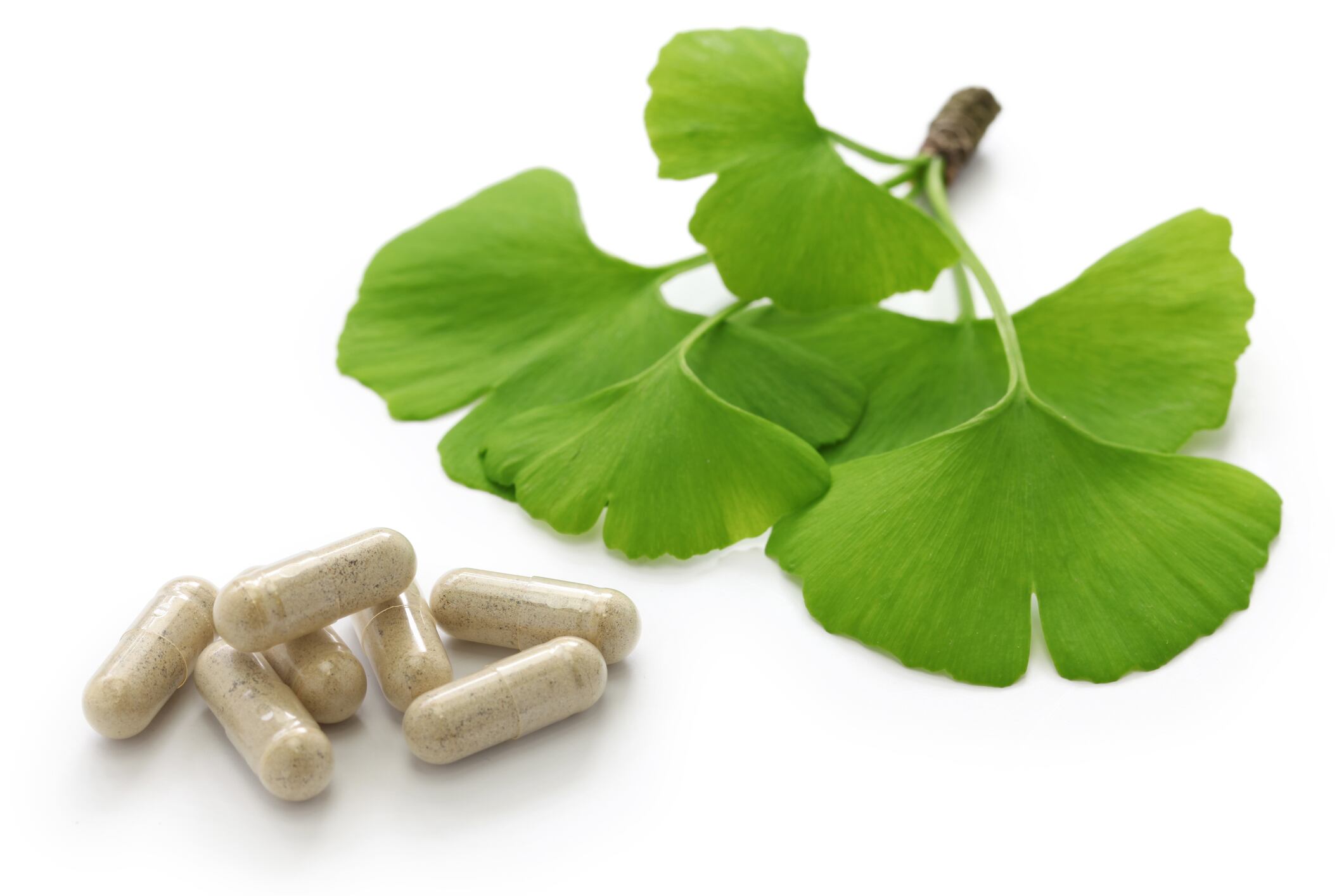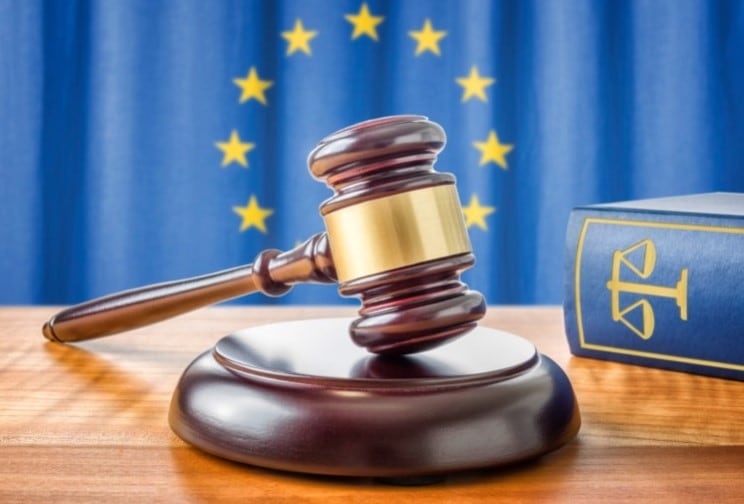The ruling was described as “interesting” by Luca Bucchini, managing director of Hylobates Consulting. “Not so much for the specific extract in question, which has strong evidence for medicinal use, but for the criteria used by judges which make it even more unlikely for herbal supplements from other Member States to be sold legally in Germany as such,” he told us.
“The legal barriers - built on cherry picking ECJ case-law - have gone up.”
History
The case started over a decade ago when a company wanted to introduce and sell products with a dose of 100 mg Ginkgo biloba dry extract per day as a food supplement. The initial application was denied by Germany’s Federal Office of Consumer Protection and Food Safety (Bundesamt für Verbraucherschutz und Lebensmittelsicherheit, BVL), which cited the medicinal properties of the products stemming from this recommended dosage.
The company appealed the decision, and the case slowly climbed through the German system.
According to the BVL, the case focused on the existence of the pharmacological effect within the meaning of Section 2 Paragraph 1 No. 2a) of the Drugs Act (AMG) for the products at issue. The Federal Office referred to the Federal Institute for Drugs and Medical Devices (BfArM), which concluded a GBE dosage of greater than 80mg per day produced a pharmacological effect.
In further appeal proceedings in 2019 before the Federal Administrative Court, the court confirmed that assumptions of a product triggering pharmacological effects did not necessarily lead to it meeting all the characteristics of a medicinal product under EU law.
If a product affected physiological functions fell into the grey area between food supplement and drug, then the possible health risks took on heightened significance regarding its evaluation.
In 2021, the Higher Administrative Court of Lüneburg ruled that the disputed products were to be classified as medicinal products due to the health risks identified in the proceedings. The court had come to the conclusion that there were reasonable doubts around the safety of the ginkgo biloba dry extract products.
The company again fought the decision, but the Federal Administrative Court has now rejected the complaint and confirmed the legality of the Lüneburg Higher Administrative Court's judgment.
“This applies in particular to the findings regarding the health risks, according to which the court clarified, among other things, that there is no need for clinical studies to be carried out on the products at issue in order to prove possible health risks, but that a derivation from studies on medicinal products with a slightly higher [ginkgo biloba dry extract] dosage cannot be ruled out be,” stated BVL.
“The court also emphasized that ‘the health-impairing effects that a food product causes in all consumers when used as intended" (...) could not be avoided by a warning. Even a reference to the exclusive use of the product under medical supervision, in which a risk-benefit assessment could be made, does not change anything, since such a reference is "only intended for dietetic foods for special medical purposes’.”




